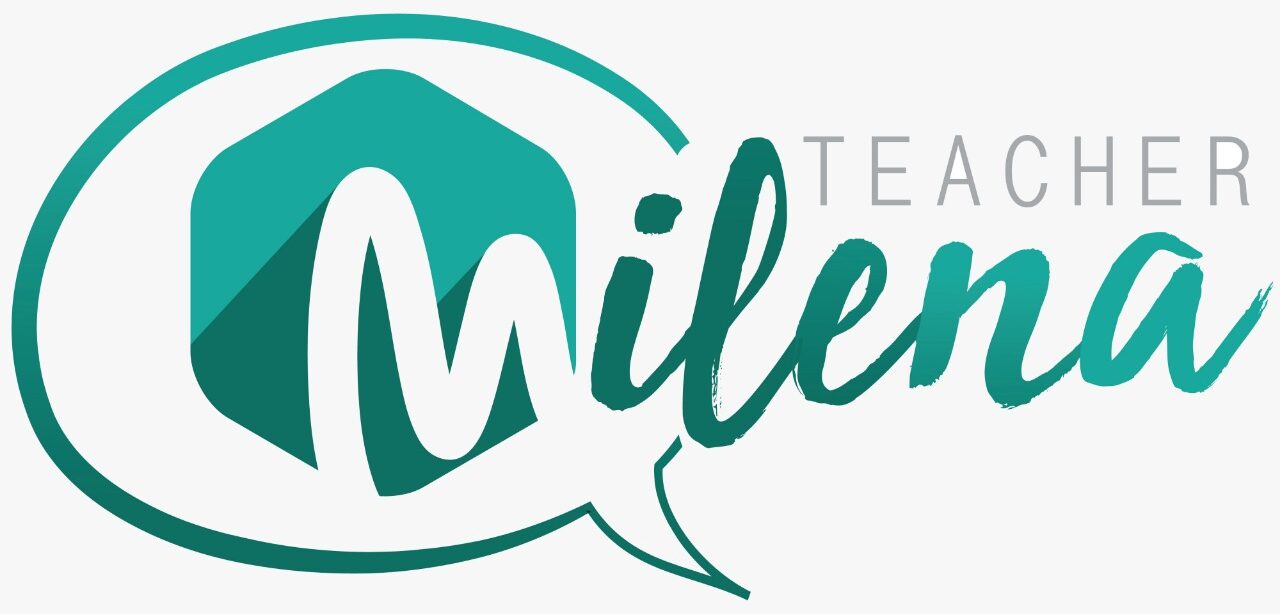That proficiency exam is a great tool to measure someone’s level of proficiency, we have no question about it. But I often question myself to what extent labels, levels of achievement, and a score may portray a person’s proficiency level in a certain language.
Proficiency exams are a demand of the market and schools worldwide to have a so-called “fair” judgment into a person’s level of proficiency with a language.
But as teachers, the way we assess students should not only focus on the score of the proficiency exam. We should assess their strengths and weaknesses with the language as a whole.
Proficiency exams present very specific under-pressure scenarios where the students fight against time to prove their abilities. And sometimes, what we see on the result does not portray the student’s real level of ability with the exam.
Take TOEFL as an example. The speaking part of the exam must be done under certain schematics, under the exam configuration. If you memorize the schematics you most certainly can give an average speaking answer and get your score.
That’s why we sometimes see students with scores on proficiency exams that do not portray a real scenario for that person’s abilities.
Standardized exams in the classroom, on the other hand, should be reconsidered.
At least that is my personal opinion as a teacher.
21 years in the practice and I have already seen how some students struggle to write, but perform so much better on the speaking exam for example, and are faced with a low grade just because the idea behind that exam was only written.
I am not saying we should focus solely on what students can do best and assess only that.
But I am trying to rationalize here some kind of exercises that are pointless and just done because we need a number on that paper. And the activities which will not present students how they can evolve with their studies and skills.
I have already seen 2-page comprehension texts with 3 multiple choice questions in the end.
It was torture for students to read such a long text just to answer multiple-choice questions.
Assessments that focus solely on grammar structures make students nervous and they are the reason why students hate grammar so much.
Shouldn’t language assessment be something more individual?
I mean, teachers already have their fair share of workload every single day.
But are we sure we are taking into consideration that a fish will always fail if his ability to climb a tree is what is being assessed?
If my student struggles a lot with exercises that have a deeper focus on listening, for example, that is a sign that this particular skill requires attention. How am I giving the feedback over this skill and how we are working on the feedforward? Standardized tests usually focus on providing a label regarding the skills.
Labels will be important for that students’ life – he will have to prove his level of proficiency with an IELTS, a TOEFL,

or a Duolingo exam in order to get a scholarship or a job offer.
But in the classroom – even when preparing them for those exams, should there not be a way to focus on assessments that can really provide meaningful feedback with seed for the feedforward rather than only a label?
Maybe I am just a teacher daydreaming…but you can’t blame a girl for trying.


